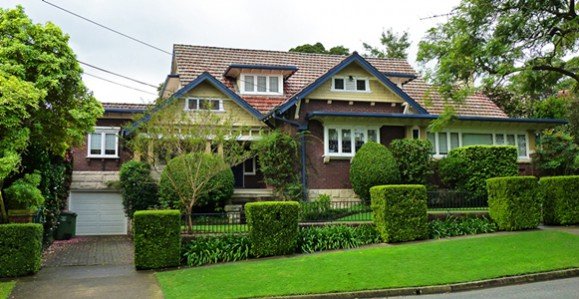Amid debate over what is to blame for increased property prices in Australia – including negative gearing and high capital gains tax rates – the Treasury has at least acknowledged that one factor is an issue: stamp duty.
When real estate stamp duty was introduced, homebuyers were expected to pay 3.5% transfer duty on properties worth less than A$300,000. The Law Society of NSW pointed out that stamp duty rates had largely remained unchanged for the past 29 years, despite the significant increase in home prices since then. Nowadays, the average home price in Sydney is about A$900,000 and buyers are paying about 4.5% to 5.5% in stamp duty rates due to bracket creep. The committee believes that the 3.5% rates of NSW’s transfer duty should be changed to apply to homes up to at least A$1 million.
(Bracket creep: A situation where inflation pushes an individual’s income into higher tax bracket, resulting in higher tax rates.)
The Treasury has urged state governments to reconsider charging buyers stamp duty in a recent submission to the parliamentary inquiry into home ownership, saying that is was “one of the most distortive taxes in Australia’s economy” and that it drove a wedge between buyers and sellers, thus preventing “mutally beneficial transactions” from taking place.
Increased home prices are also believed to be attributed to the high rate of stamp duty, as sellers want to recover the cost when they bought the property. The Law Society of NSW noted that the NSW Budget had collected A$1 billion more than estimated because of extra stamp duty from property transactions, but did not believe that lowering the stamp duty rates would affect revenue, and instead encourage more buying and selling.
Reducing stamp duty could help improve housing affordability and increase land use by allowing households and businesses to move to land or into properties that best suit their circumstances and requirements. Adjusting the rates would also benefit state and territory governments in assisting homebuyers as well as incentivising turnover, thereby maintaining transfer duty revenue collection.
News sourced from News.com.au






